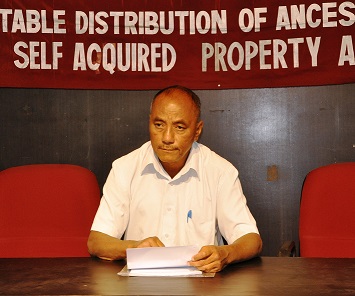 SHILLONG, SEPT 5: On the backdrop of the demand for immediate introduction of the Inner Line Permit (ILP) system in the state, the Maitshaphrang asked the Meghalaya government on Thursday to legislate the ‘Equitable Distribution of Ancestral & Self Acquired Property Act’ to empower the indigenous people economically and help tackle the problem of influx.
SHILLONG, SEPT 5: On the backdrop of the demand for immediate introduction of the Inner Line Permit (ILP) system in the state, the Maitshaphrang asked the Meghalaya government on Thursday to legislate the ‘Equitable Distribution of Ancestral & Self Acquired Property Act’ to empower the indigenous people economically and help tackle the problem of influx.
Besides, the Maitshaphrang suggested the need for reviewing the State Industrial Policy and scrapping of section 4(1) (e & f) of the Meghalaya Regulation of Land Transfer Act.
“The law for Equitable Distribution of Ancestral & Self Acquired Property for both Khasis and Garos should be immediately passed which will encourage people in our state to take up economic activity in a big way. This will gradually enable our own people to have control over the economic power,” Maitshaphrang convener Michael N Syiem told reporters at a news conference held on Thursday.
According to Syiem, availability of economic opportunities is another reason for the legal and illegal migration in the context of Meghalaya.
“Because of the system of inequitable distribution of property among the indigenous people which does not financially empower the Khasi and Garo men and women apart from the youngest daughter of the family to take up economic activity, the large numbers of economic opportunities available in our state are quickly filled up by these legal and illegal migrants,” Syiem said.
Syiem felt that when there is an opportunity to earn a better livelihood across the border than what is available back home, then there is no Berlin wall, barbed wire fencing or any preventive mechanism that can stop a determined person from crossing the border legally or illegally to get avail of the opportunity.
Stating that the absence of a mandatory and compulsory registration of marriage law is another problem, Syiem pointed out that many migrants target the youngest daughters for marriage or live in relationships and use them for further expanding their business activities by not having to paying any income tax.
“This law if put in place will only allow the parents the freedom of choice when a situation of choice demands,” Syiem said adding “Equitable means fair and just. It depends on the wisdom of the parents to give and how much to whom.”
According to Syiem, economic power and influx control mechanism is interlinked and is an immediate priority for protecting the indigenous people from becoming minorities in their own land.
Stating that present Industrial policy should be review, Syiem said, “We need a policy that lays more stress on capital intensive industries rather than labour intensive industries.”
Syiem also said that the present industries that are labour intensive should be given a time frame to restructure their industries to be more capital intensive failing which they should be closed down. “An important safeguard in the new industrial policy is that indigenous people should be given first opportunity to be trained as skilled labours before the industries are allowed to be set up,” he suggested.
Stating that section 4 (1) (e & f) of MRLT Act should be scrap off, Syeim said, “This section has been more of the bane than a boon for Meghalaya allowing setting up of educational institutions and industries which do not really consider the interest of the people of the state,” adding “RTI findings have revealed that the subsidy given to these industries is more than the revenue they contribute to the state exchequer.”
Syiem further stated that migration with an intention to dominate and subjugate is the greatest threat to small populated indigenous people of the region. “It has happened in Tripura, it is happening in Tibet and in Assam and if no urgent steps are taken it will happen in Meghalaya,” he warned.-By Our Reporter





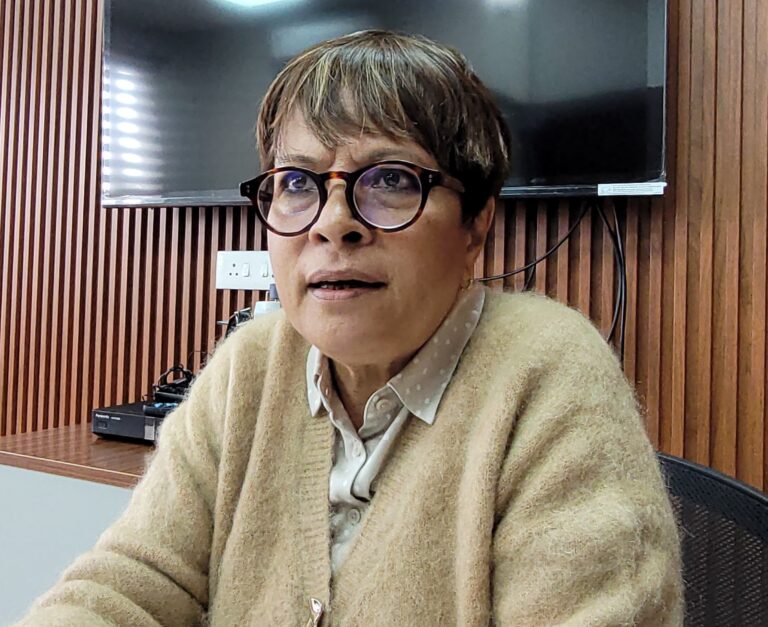
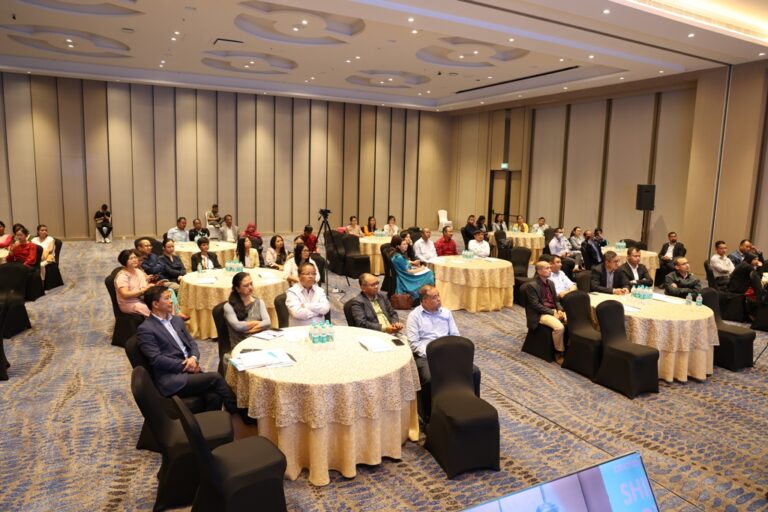
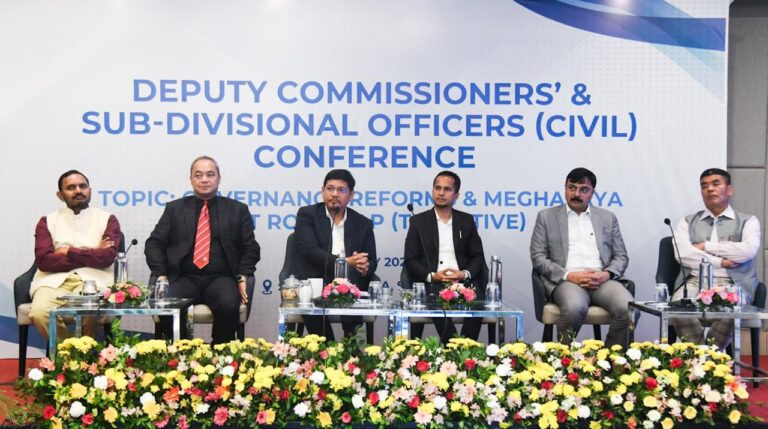
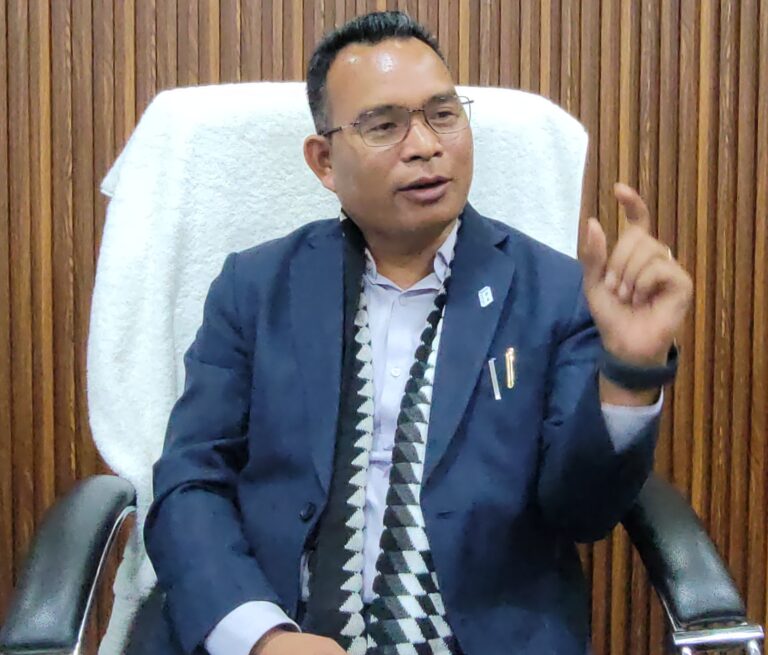

+ There are no comments
Add yours